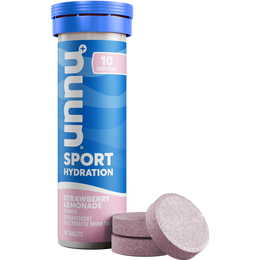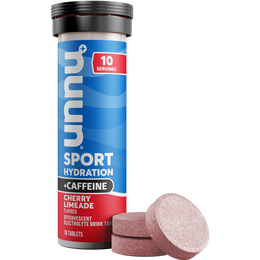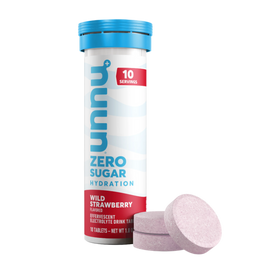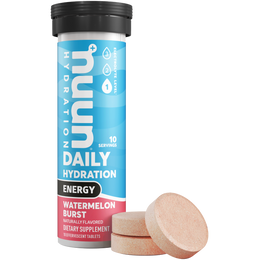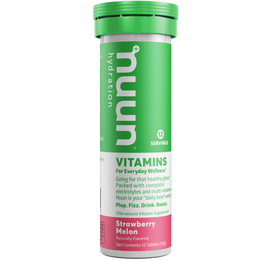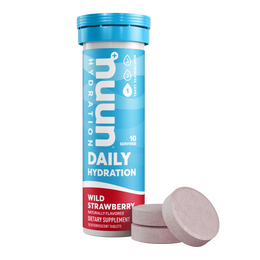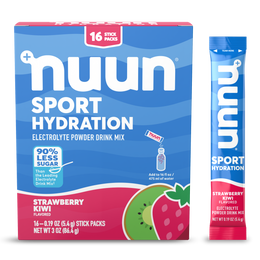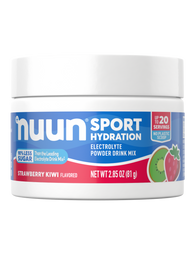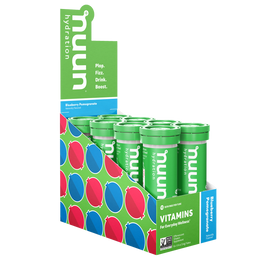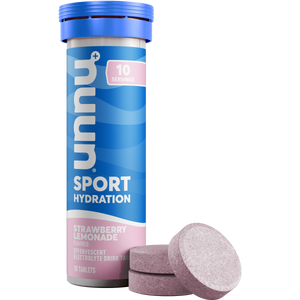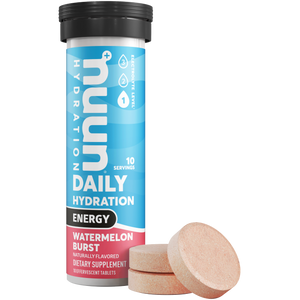What Science Says About Exercise for Anxiety and Depression
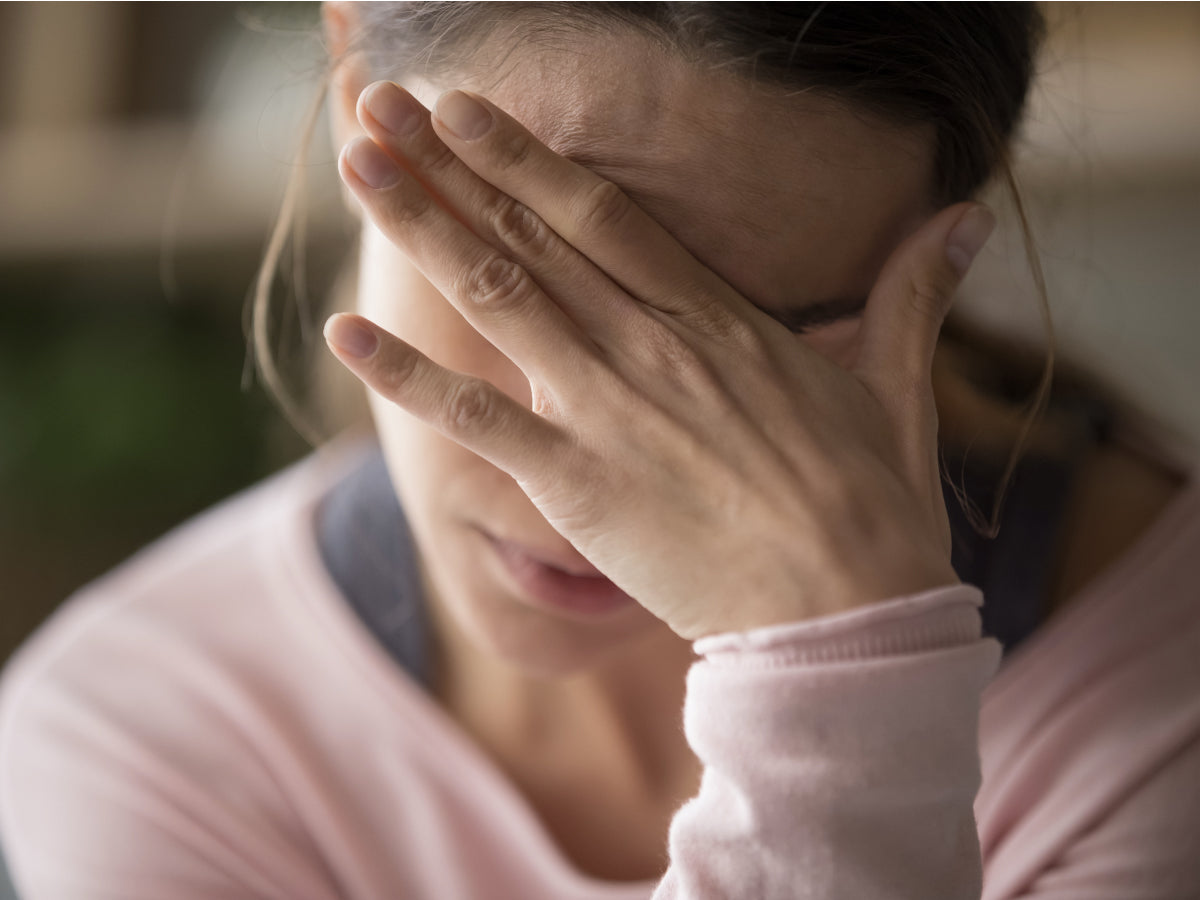
Photo by Boris Thaser
What Science Says About Exercise for Anxiety and Depression
Let’s get something out of the way right now: Anxiety and Depression are incredibly common and the number of adults seeking help with anxiety and depression is on the rise. If you are experiencing either of these conditions you should know that you are not alone, and you can get help. This article doesn’t contain all the answers about treatment for anxiety and depression, but it does share scientifically backed information about how physical activity can help alleviate some of their symptoms.
Does Exercise Improve Mental Health?
The short answer: Yes.
The long answer: Exercise has long been touted as a cure-all for those dealing with mental health issues. Though formal studies of the relationship between mental health and physical exercise have been conducted since the 1960s, not all of them meet the control standards to provide hard scientific evidence of the tangible benefits of exercise’s effect on depression or anxiety. However, the studies that do exist tell us this: Aerobic exercises have been proved to reduce anxiety and depression. This has been proved in adults participating in outpatient treatment programs and patients of live-in psychiatric facilities over varying timelines and varying methods.
How Does Exercise Improve Mental Health?
The short answer: Lots of ways!
The long answer: Improvement in mood and reduction in anxiety are thought to be caused by an exercise-induced increase in blood circulation to the brain as well as an influence on the hypothalamic-pituitary-adrenal axis (a part of the brain that contributes to the physiologic reactivity to stress). Other researchers attribute the beneficial effects of physical activity on mental health on distraction, self-efficacy, and increased social interaction.
How Much Exercise Do You Need To Do To Improve Mental Health?
The short answer: A commonly agreed upon amount is about 30 minutes of moderate activity three times a week.
The long answer: This study states that “Thirty minutes of exercise of moderate intensity, such as brisk walking for 3 days a week, is sufficient [for mental health benefits]… Moreover, these 30 minutes need not to be continuous; three 10-minute walks are believed to be as equally useful as one 30-minute walk.” So, if you’re pressed for time and need to split up your fitness session that doesn’t seem to have any detrimental impacts on the effectiveness of their results.
What Types of Exercise Are Best For Mental Health?
The short answer: Moderate aerobic exercises.
The long answer: Most studies show improvements that are caused by rhythmic, aerobic exercises, using of large muscle groups. Things like jogging, swimming, cycling, and walking are popular subjects of study. Nearly all studies recommend that exercise be of moderate or low intensity. Exercises like that don’t take the same type of physical toll on the body’s joints or muscles as other more intense activities like running, dance, or tennis. For this reason, your body doesn’t require a full replenishment of electrolytes. Hydrating for moderate physical activity is easy with Nuun Vitamins because it contains the same complete electrolytes of Nuun Sport, but in lower doses plus a boost of 11 key vitamins and minerals.
A Word Of Caution:
Regular physical activity has many benefits for mental health and wellbeing, but it is not a substitute for prescribed medication or therapy. If you make exercise part of your personal mental healthcare plan, talk to your doctor before beginning or before making any changes to other aspects of your care.
